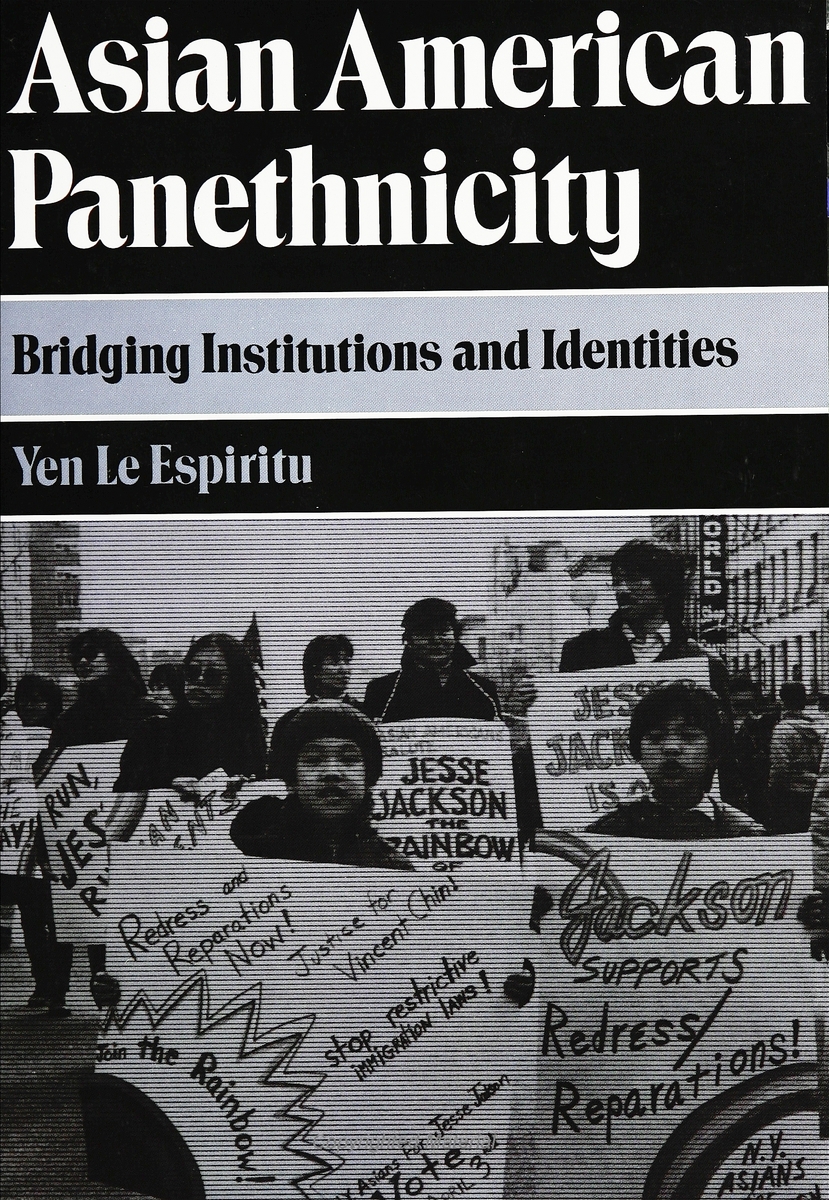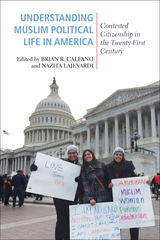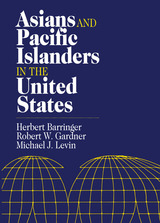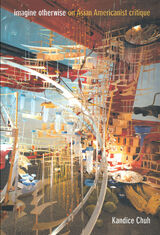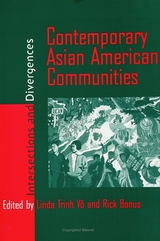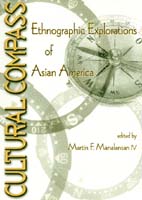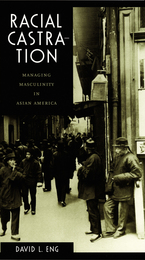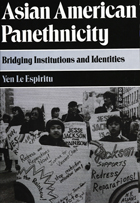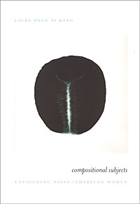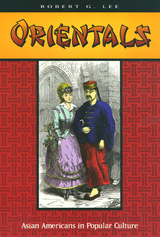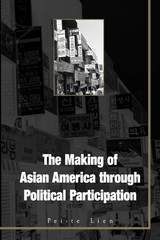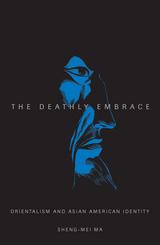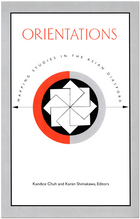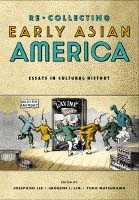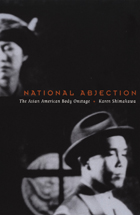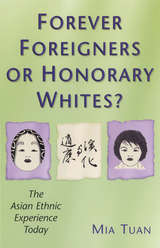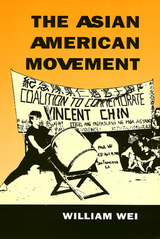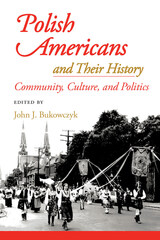Asian American Panethnicity: Bridging Institutions and Identities
Temple University Press, 1993
eISBN: 978-1-4399-0556-2 | Cloth: 978-0-87722-955-1 | Paper: 978-1-56639-096-5
Library of Congress Classification E184.O6E87 1992
Dewey Decimal Classification 305.895073
eISBN: 978-1-4399-0556-2 | Cloth: 978-0-87722-955-1 | Paper: 978-1-56639-096-5
Library of Congress Classification E184.O6E87 1992
Dewey Decimal Classification 305.895073
ABOUT THIS BOOK | AUTHOR BIOGRAPHY | REVIEWS | TOC | REQUEST ACCESSIBLE FILE
ABOUT THIS BOOK
With different histories, cultures, languages, and identities, most Americans of Chinese, Japanese, Filipino, Korean, and Vietnamese origin are lumped together and viewed by other Americans simply as Asian Americans. Since the mid 1960s, however, these different Asian American groups have come together to promote and protect both their individual and their united interests. The first book to examine this particular subject, Asian American Panethnicity is a highly detailed case study of how, and with what success, diverse national-origin groups can come together as a new, enlarged panethnic group.
Yen Le Espiritu explores the construction of large-scale affiliations, in which previously unrelated groups submerge their differences and assume a common identity. Making use of extensive interviews and statistical data, she examines how Asian panethnicity protects the rights and interests of all Asian American groups, including those, like the Vietnamese and Cambodians, which are less powerful and prominent than the Chinese and Japanese. By citing specific examples—educational discrimination, legal redress, anti-Asian violence, the development of Asian American Studies programs, social services, and affirmative action—the author demonstrates how Asian Americans came to understand that only by cooperating with each other would they succeed in fighting the racism they all faced.
Yen Le Espiritu explores the construction of large-scale affiliations, in which previously unrelated groups submerge their differences and assume a common identity. Making use of extensive interviews and statistical data, she examines how Asian panethnicity protects the rights and interests of all Asian American groups, including those, like the Vietnamese and Cambodians, which are less powerful and prominent than the Chinese and Japanese. By citing specific examples—educational discrimination, legal redress, anti-Asian violence, the development of Asian American Studies programs, social services, and affirmative action—the author demonstrates how Asian Americans came to understand that only by cooperating with each other would they succeed in fighting the racism they all faced.
See other books on: Asian American & Pacific Islander Studies | Asian American Panethnicity | Asian Americans | Espiritu, Yen | Identities
See other titles from Temple University Press
